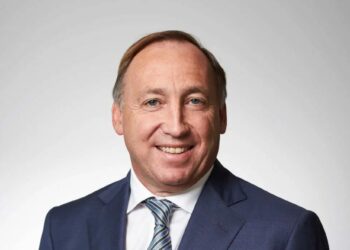Newly founded superannuation fund, Spaceship, has dropped its fees just nine months after inception in January.
The super fund’s GrowthX fund 1.6 per cent per annum fees and costs have been dropped to 0.99 per cent which its co-founder Paul Bennetts said was due to internal efficiencies and renegotiation with its partners.
The fund has also rebalanced its portfolio with an increased allocation to technology assets from 30 per cent to 50 per cent.
“We started as a subscale fund with no funds under management (FUM) and now we’re well over $100 million and growing 10 to 20 per cent month on month,” Bennetts said.
“That scale added with some renegotiations we were able to do with some of our partners, including administration, has created cost savings that we can pass on.”
Bennetts said dissimilar to many super funds, GrowthX had a 10 per cent allocation to Australian stocks, 80 per cent to MSCI World Index, and 10 per cent to property and cash.
He said the technology assets invested into were mainly large global technology companies that were north of $5 billion.
The fund has also launched a passive fund, the Spaceship Global Index Fund, which has total fees and costs of 0.65 per cent. The fund is targeted to individuals who want to invest with a global focus.
Bennetts said his super fund was aimed to help the internet generation build wealth and that it had recently formed its advisory board to help maintain its governance and effective risk management.
The board is made up of former Australian Prudential Regulation Authority (APRA) executive general manager, Sarah Goodman, Ellerston Global Capital independent director, Paul Dortkamp, and Blackhall and Pearl managing partner, Jodie Baker.




